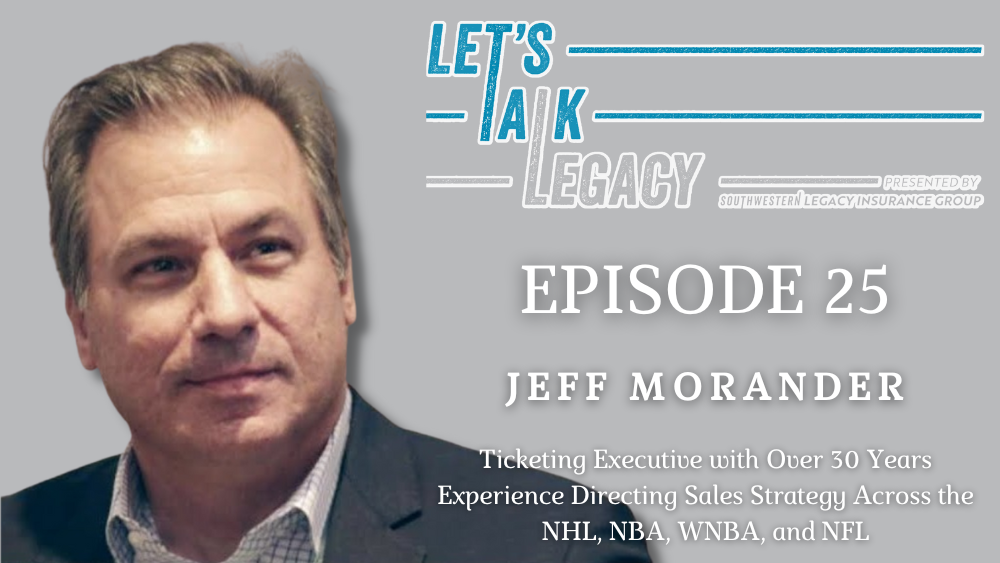There is not a one-size-fits-all approach when it comes to working with a team. You need to navigate your natural management style and adapt it to the way that people want you to lead them.
There are four different natural communication styles. But how can you be a leader who adapts to these four styles? Let me explain the four types and how to best work with each.
Fighter
Fighters are straight to the point, they don’t waste time, and they make decisions based on what’s in it for them. When you’re talking with a fighter, the most important thing you can do is give them control. You can do this by asking them about the choice of two positives. When asking them to lunch, give them two options—Shoney’s or Cracker Barrel? Thursday or Friday? Noon or 1:00? The worst thing you can do when communicating with a fighter is to tell them what to do. Eradicate giving orders from your leadership style, and a fighter will thrive.
Entertainer
Entertainers are extroverted, like to build rapport, love to talk and make decisions based on emotions. With entertainers, you want to make it fun when leading them. Get outside the office and go do something fun. When showing them something new or trying to prove a point, share it in multiple mediums—video, story, PowerPoint, give examples of other people or situations, etc. They have to live in that medium for them to absorb the point. They don’t want to talk about facts. They want to talk about the emotions and stories of others in the same situation. Give an entertainer something to relate to, and you’ll have someone who will be your biggest advocate.
Detective
Detectives are analytical, detail-oriented people. They make decisions based on the details. When leading detectives you need to under-promise and over-deliver. Always have your facts straight, and never overexaggerate. Cross your t’s and dot your i’s. Get into the minute details with them, don’t round up, and don’t give vague answers. Be specific and you’ll have a detective on your side.
Counselor
Counselors are team players, family-oriented, they are slower decision-makers. They make decisions based on the consensus of everyone. If you’re communicating with a counselor, share what’s in it for the team. They want to know how this will benefit the team and how this is helping the company to grow. They need to take change gradually. If you need to introduce a change to a counselor, meet with them one-on-one, slow down, get on their energy level, and explain how this is going to help everything. Listen and ask for feedback. If you get buy-in from a counselor, then they will be your biggest ally.
Knowing how to modify your natural leadership and communication style to your team members’ different styles can make a huge difference in your team’s success.




